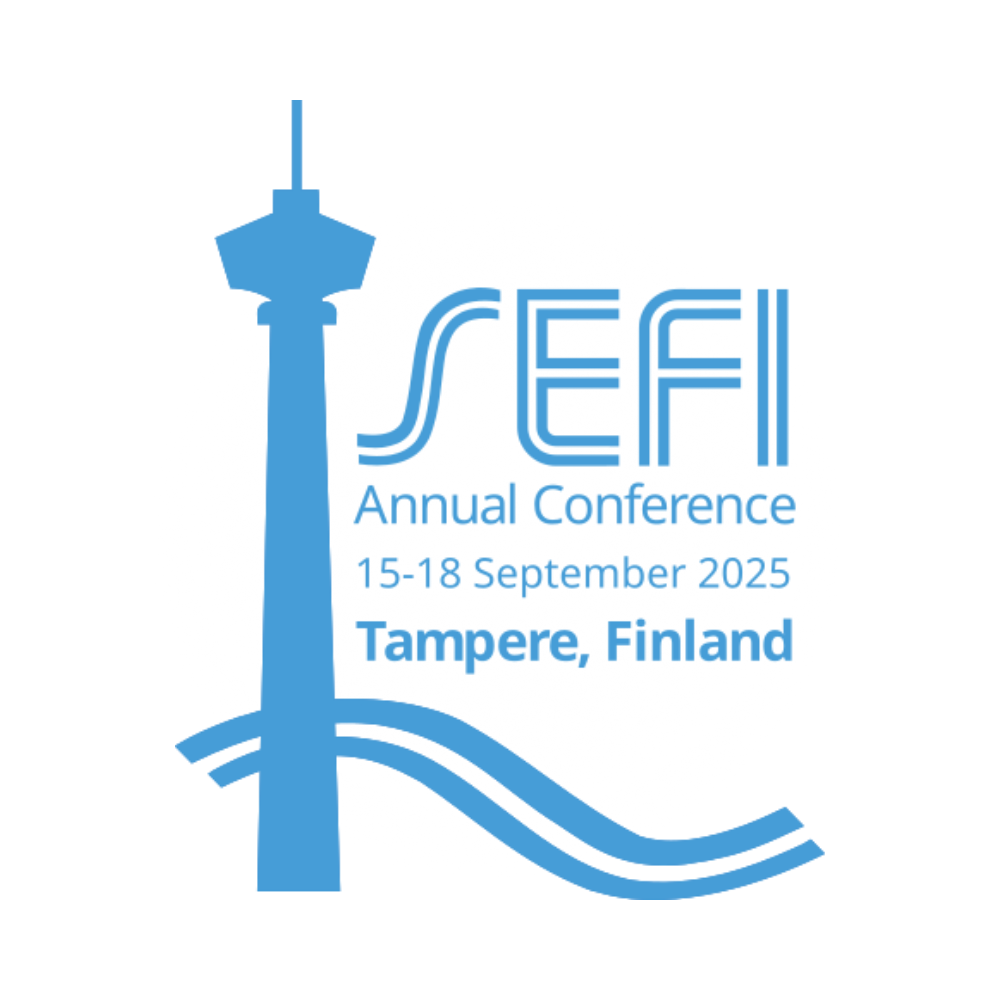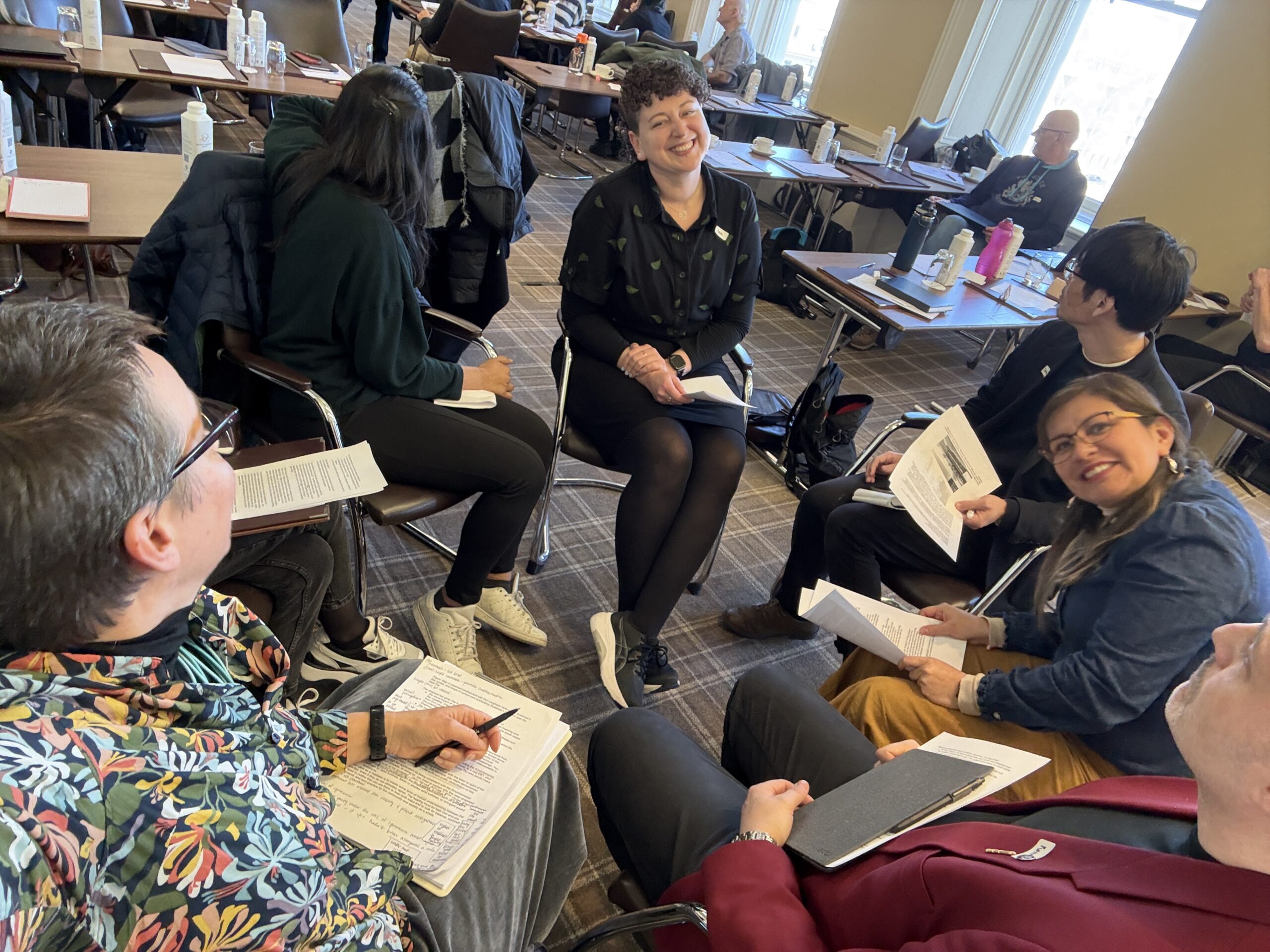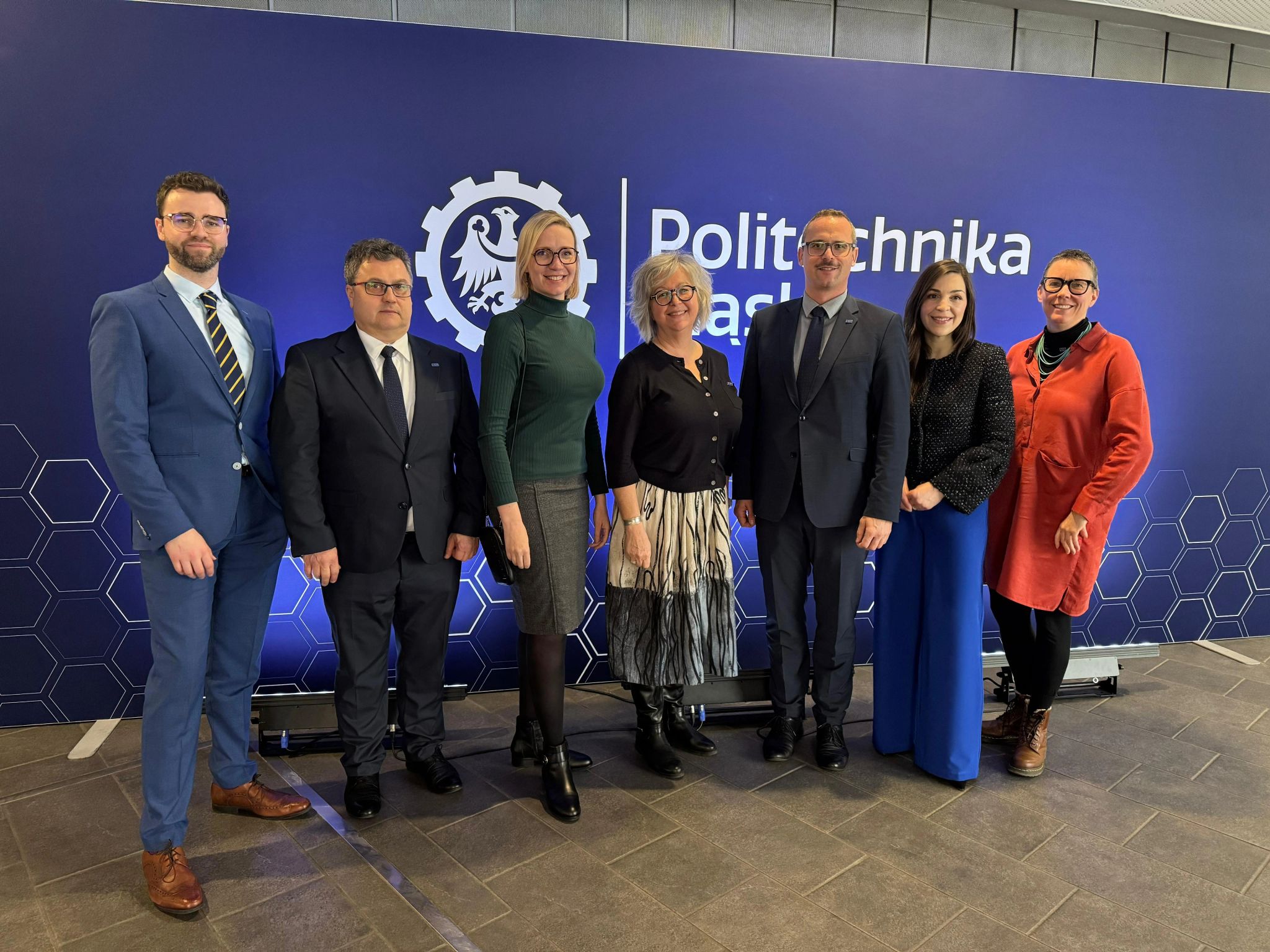We are excited to announce that registrations for the 53rd SEFI Annual Conference are now…
Democracy in Engineering Education
The underlying question “Crocodile or Octopus?” was not properly answered during the SEFI Spring School 2024 on “Democracy in Engineering Education”, from 10 to 12 April 2024 at TU Berlin. The two SEFI special interest groups on ethics and sustainability jointly organized the spring school and put a variation of the first question forward “Do we need ethics or sustainability in engineering? How to decide on this question?”. Over three days, 52 participants from 30 institutions located in 14 countries attended the spring school. 47 participants work as academic staff but also 2 students and 3 persons from outside of academia joined us to tackle the questions.
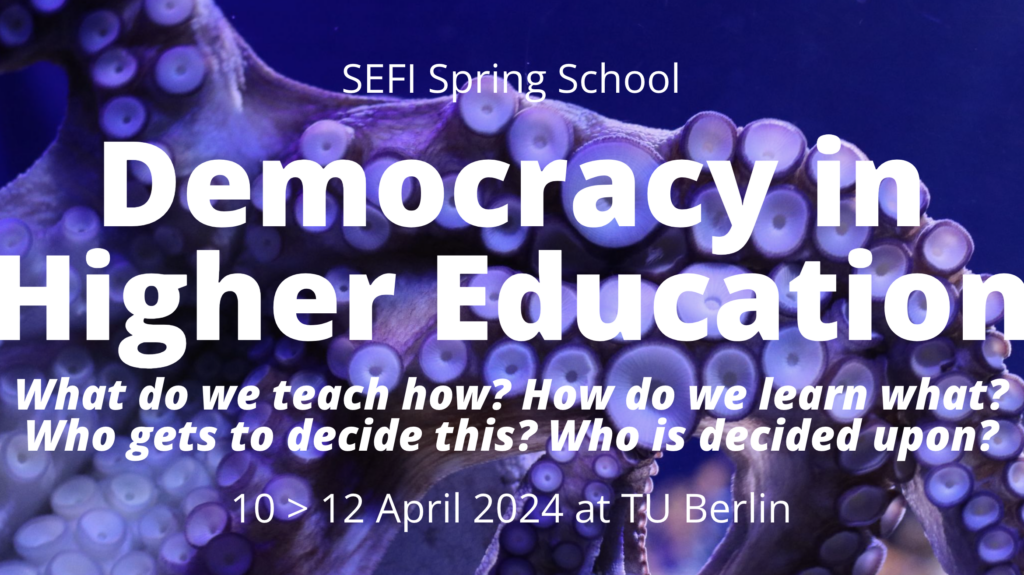
The opening speech of TU Berlin from 1946 set the tone for the entire spring school. This speech was held on the ruins of Nazi Germany by the British general and city commander Eric P. Nares. Throughout the entire speech Nares urges the university to educate towards responsibility, democracy and peace. He strongly called that “all education, technical, humanistic, or what you will, is universal: that is to say it must embrace the whole of man, the whole personality, and its first aim is to produce a whole human being, capable of taking his place responsibly beside his fellows in a community. Its second aim may be to produce a good philologist, a good architect, a good musician or a good engineer.”
Throughout the spring school we as a group learned that addressing the existing power relations within our group is highly uncomfortable and more so to tackle them – but in the end it is worth the effort and highly rewarding. For this we often left pure, comfortable, known scientific territory and challenged ourselves. This allowed us to not only learn the hard skills but also the very hard skills that make us human (e.g., reaching across the different disciplines; enduring contradictions and discrepancies; bridging areas like body and mind; using art to express feelings and to take care). Thus, we not only discussed engineering as caring from a distance, but we practiced taking care of one another as well as of the entire group for instance by cleaning up the room, preparing food together, washing the dishes etc. As someone wisely put it during our daily reflective circles: “The first step for equality is to see and observe what happens around one and to act accordingly. The second step can be summarized in three words in all their broadness and boldness: sharing is caring.”
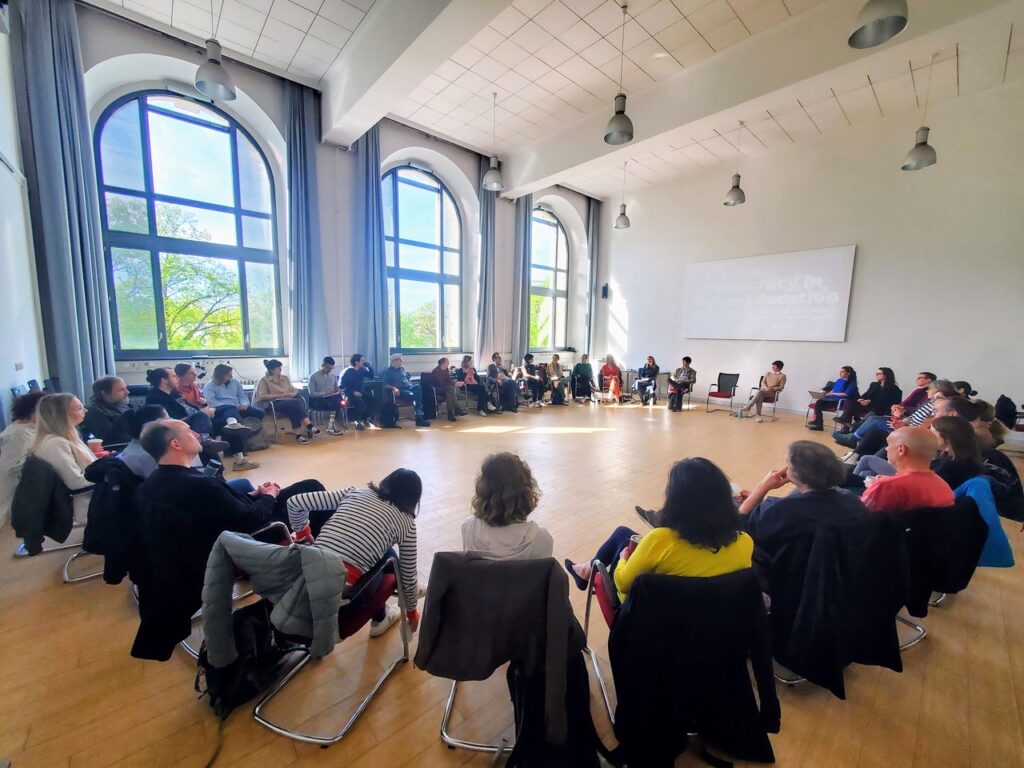
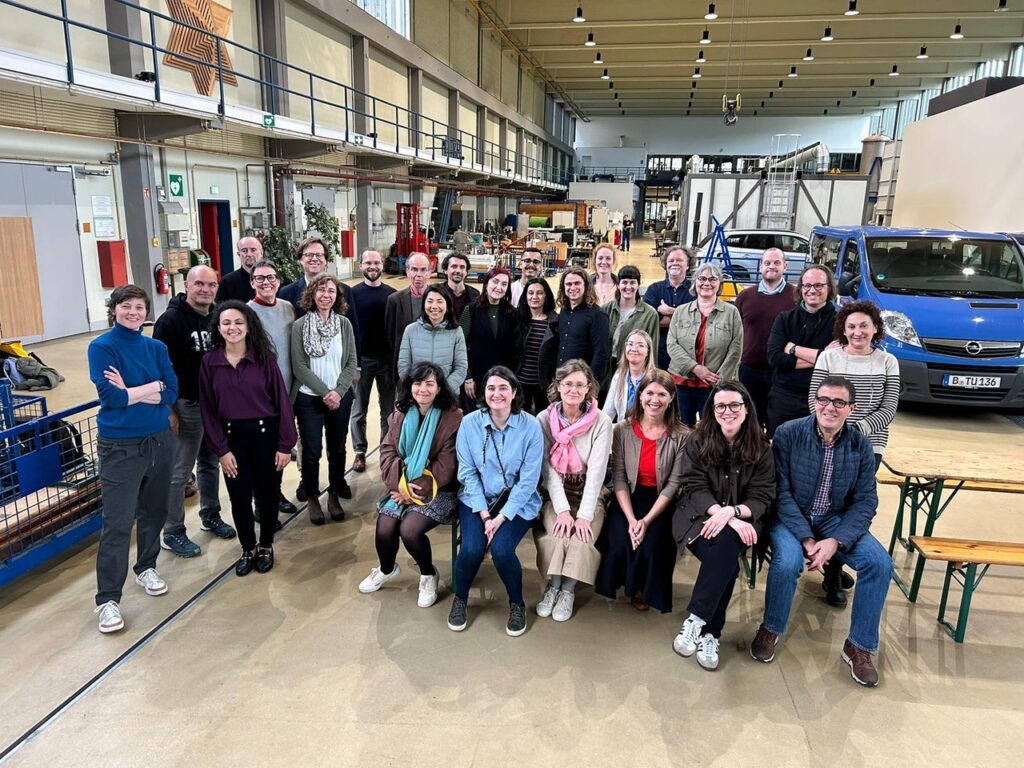
In this spirit, the spring school asked the participants to fully share with others their time, interests and experiences. For this, they should not bring their pre-fixed presentations that they always do, but people with similar interests were put together to co-create a coherent session for two hours which engages the participants. In total, four participant run sessions took place with three parallel sessions – each had a distinct focus either on democracy, ethics or sustainability. The topics covered were: Collaboration and Communities, Postnormal Science, Sculpting and Embodying, Just do it, Frameworks and Codes, Mathematics beyond counting, Education beyond the classroom, Diversity matters – Social Justice and Feminism, Responsible Development/Use of Software and AI as well as Wicked Technology and/or Problems?!. In addition to the parallel sessions, one short interactive session on Wednesday evening helped to question and to broaden the term Democracy from a theoretical point of view. While we explored the notion of art within us and on the campus of TU Berlin through the short interactive session on Thursday evening.
In the end, this spring school showed that a high degree of involvement in the co-creation of such an event is possible and that the participants find this an uncomfortable but equally enjoyable learning experience as they were all jointly creating the spring school together. It is the first time that the two SEFI special interest groups on ethics and sustainability held a joint spring school, but this experience clearly showed that coming together across disciplines is worth the effort as it enriches and challenges at the same time.
Going back to the question “Crocodile or Octopus?”, “Sustainability or Ethics?”. The answer is clearly both. We should continue to challenge the “Crocodile and Octopus”, two distinct beings but beings nonetheless, to collaborate and maybe co-create something new and unforeseen. And even though there is uncertainty, there is also space for learning and inspiring others. Thank you to all participants for the three days of openness, and constructive discussions.
Further information on the website of the spring school.
